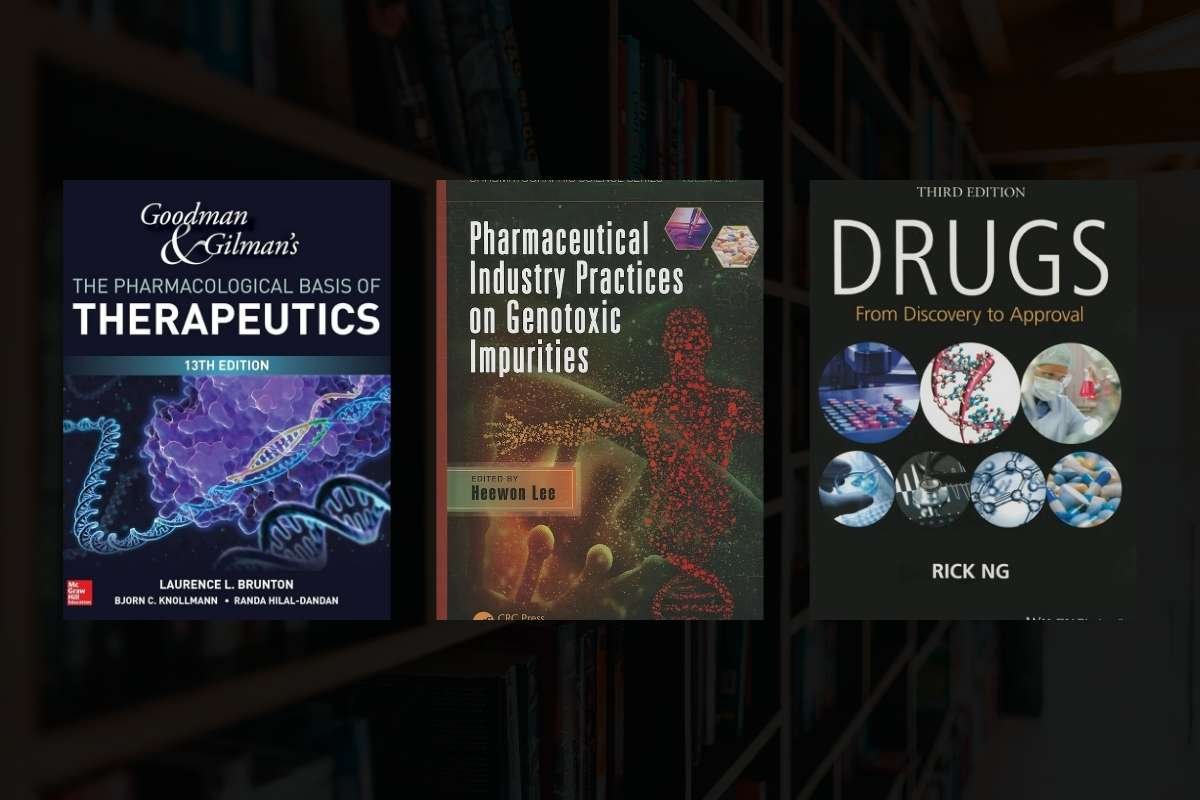Source-msn.com
A recent study from Stevens Institute of Technology has uncovered a significant issue in patient-doctor communication. The research reveals that many individuals fear being judged if they share incorrect health beliefs with their healthcare providers. This fear could hinder effective diagnosis and treatment. To investigate this issue, Dr. Kleinberg and her team surveyed over 350 patients and 200 physicians, examining their perceptions of various health beliefs, from reasonable misconceptions to extreme conspiracy theories. The study aimed to understand the impact of these perceptions on patient openness during consultations.
Patient-Doctor Communication: Findings on Perception and Impact
The study found that the more unreasonable or conspiratorial a health belief was, the more negatively it was perceived by both laypeople and healthcare professionals. Dr. Onur Asan, a co-author of the study, expressed surprise at the strong negative perceptions held by doctors towards patients with misinformation. This finding highlights a potential barrier to effective healthcare. Despite the expectation that patients with chronic conditions might show more empathy, the study showed that even these patients were not more tolerant of incorrect beliefs. Dr. Kleinberg noted that physicians also displayed a high likelihood of viewing patients negatively for expressing mistaken beliefs, which was an unexpected and concerning result.
Implications and Future Directions
The study underscores the need for improved communication strategies between patients and healthcare providers. The majority of people hold some incorrect health beliefs, such as the misconception that vitamin C can cure a cold or that sugary snacks cause diabetes. Dr. Kleinberg emphasizes that for doctors to educate and correct these misconceptions effectively, patients must feel comfortable sharing their beliefs without fear of judgment. She advocates for a shift in how physicians perceive and handle misinformation to foster an environment where patients can communicate openly. Further research is necessary to explore how these negative perceptions affect real-world interactions and to develop strategies that encourage transparent and supportive patient-doctor communication.
Visit The Lifesciences Magazine For More.








